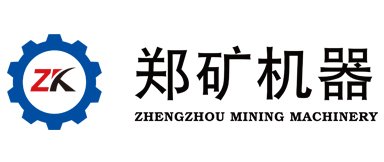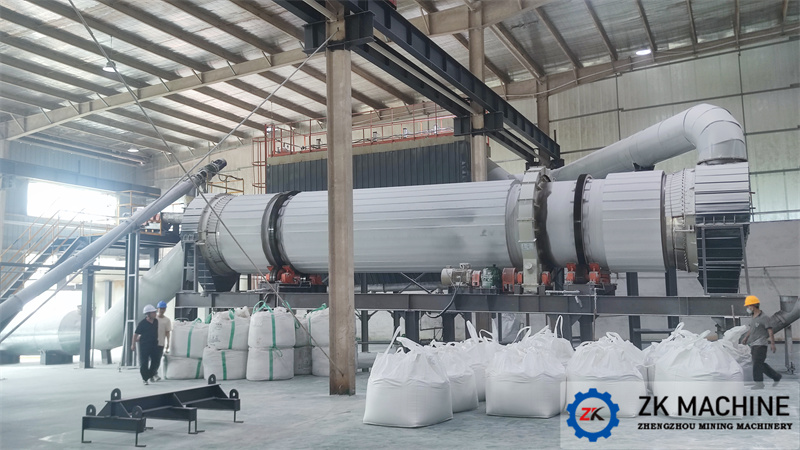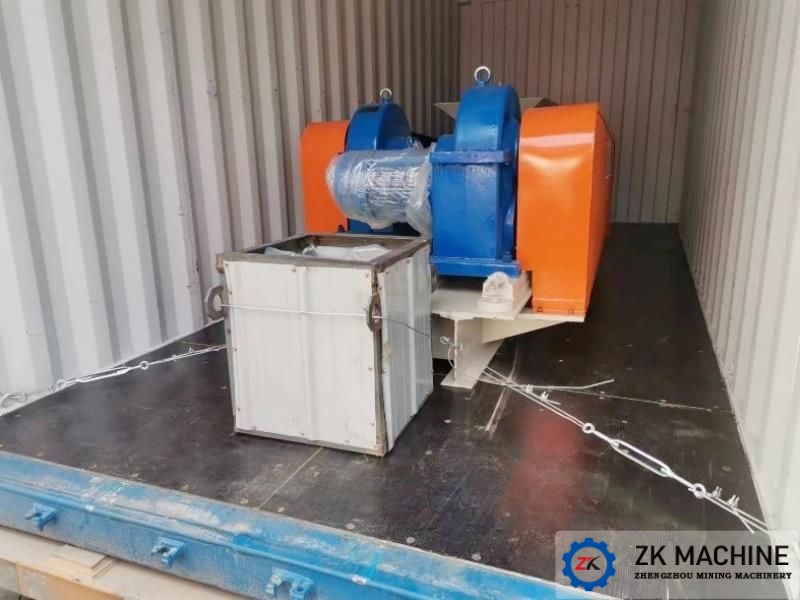Battery Black Powder Grinding Project Process
Battery black powder usually refers to the black powdery substance produced during the recycling process of lithium batteries. The main components include metal elements such as lithium, nickel, cobalt, and manganese, as well as non-metallic elements such as carbon and graphite. The recycling and reuse of battery black powder is of great significance for resource recovery and environmental protection.
The following is a common process flow of battery black powder grinding:
1. Discharge: Discharge the waste lithium battery to reduce the safety risk in the subsequent treatment process.
2. Preliminary disassembly: Disassemble the battery by manual or mechanical means to separate the various components of the battery, such as the shell, electrodes, etc.
3. Crushing: Crushing the disassembled battery components, which can be crushed into smaller particles using a crusher or a pulverizer.
4. Sorting: Sorting the crushed materials through sorting equipment, such as airflow separators, magnetic separators, etc., to separate black powder and other valuable substances, such as metals, plastics, etc.
5. Grinding: Grind the sorted black powder to make its particles finer. Grinding can use equipment such as ball mills and Raymond mills.
6. Screening: Screen the ground black powder to remove impurities and large particles to ensure the purity of the black powder.
7. Collection and packaging: Collect the screened black powder and package it for subsequent storage and transportation.
In the grinding process of battery black powder, the following points need to be noted:
1. Safety protection: Battery black powder may contain harmful substances, and appropriate safety protection measures need to be taken during the treatment process, such as wearing protective gloves, masks, etc.
2. Equipment selection: According to the properties and treatment requirements of black powder, select appropriate grinding equipment and sorting equipment to ensure the treatment effect and efficiency.
3. Environmental protection: During the treatment process, pay attention to the protection of the environment to avoid the leakage and discharge of black powder and other pollutants.
4. Quality control: Perform quality inspection on the ground black powder to ensure that its purity and performance meet the requirements.




